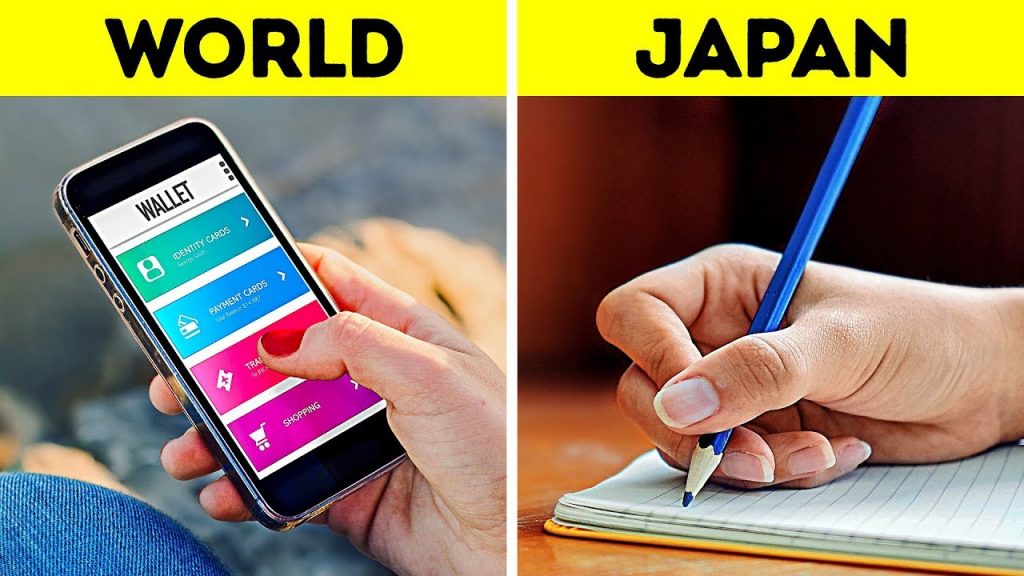Real-Life Application of Blockchains in Business

Blockchain technology has gained a huge amount of attention in recent years, and for good reason.
It has the potential to revolutionize the way businesses operate by providing a secure and efficient means of recording and storing data. While many are familiar with blockchain as the underlying technology behind cryptocurrencies like Bitcoin, its real-life applications extend far beyond the realm of finance. In fact, blockchain technology has the potential to transform a wide range of industries, and businesses are beginning to take notice.
So, what exactly is blockchain? At its core, blockchain is a decentralized, distributed ledger that securely records and stores data. Each block in the chain contains a timestamp and a link to the previous block, creating an unalterable and transparent record of all transactions. This means that any data entered into the blockchain cannot be deleted or changed, making it a highly secure and reliable means of storing information. Additionally, because the blockchain is decentralized, there is no central point of control, providing a greater level of trust and security for users.
One of the most significant benefits of blockchain technology in business is its ability to streamline and automate processes. With traditional record-keeping methods, data must be entered and verified by multiple parties, leading to a slow and often error-prone process. However, with blockchain technology, information can be automatically recorded and verified, reducing the time and costs associated with data management. This has the potential to greatly improve efficiency and productivity in various business operations, from supply chain management to contract processing.
Another key advantage of blockchain for businesses is enhanced security. As previously mentioned, the decentralized and immutable nature of blockchain data makes it highly resistant to fraud and tampering. This is particularly beneficial for industries that deal with sensitive information, such as healthcare or finance. By using blockchain technology, businesses can ensure the privacy and integrity of their data, providing peace of mind to both customers and stakeholders.
In addition to streamlining processes and enhancing security, blockchain technology also has the potential to increase transparency in business operations. With data being recorded and stored in a decentralized manner, there is a greater level of accountability and traceability for transactions. This can be especially valuable in industries such as supply chain management, where the tracing of products from production to sale is crucial. By utilizing blockchain technology, businesses can provide consumers with a clear view of their products’ journey, ensuring ethical and sustainable practices.
One real-life example of the use of blockchain technology in business can be seen in the global shipping industry. Maersk, the world’s largest shipping company, has implemented a blockchain-based platform called TradeLens in collaboration with IBM to digitize and automate the paper-heavy processes involved in global trade. By using blockchain technology, companies can now accurately track shipments, verify the authenticity of shipping documents, and reduce the risk of fraud. This has resulted in improved efficiency, reduced costs, and increased trust between shippers and their partners.
In conclusion, the real-life applications of blockchain technology in business are vast and ever-expanding. From streamlining processes and increasing security to enhancing transparency and trust, blockchain has the potential to transform the way businesses operate. As more industries and companies begin to incorporate blockchain technology into their operations, we can expect to see even more revolutionary changes in the business world.









Social Media Lifestyle Content
5 KEYS TO BEING A GREAT DAY TRADER! RULES OF 36 YEAR VETERAN TRADER!
What is blockchain and how can it change our society?
3 Questions You Should Never Ask in Marketing Research
How Blockchain Went From Bitcoin To Big Business